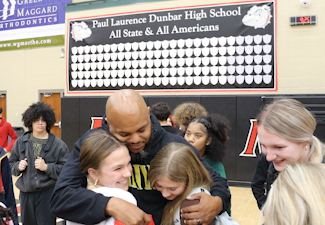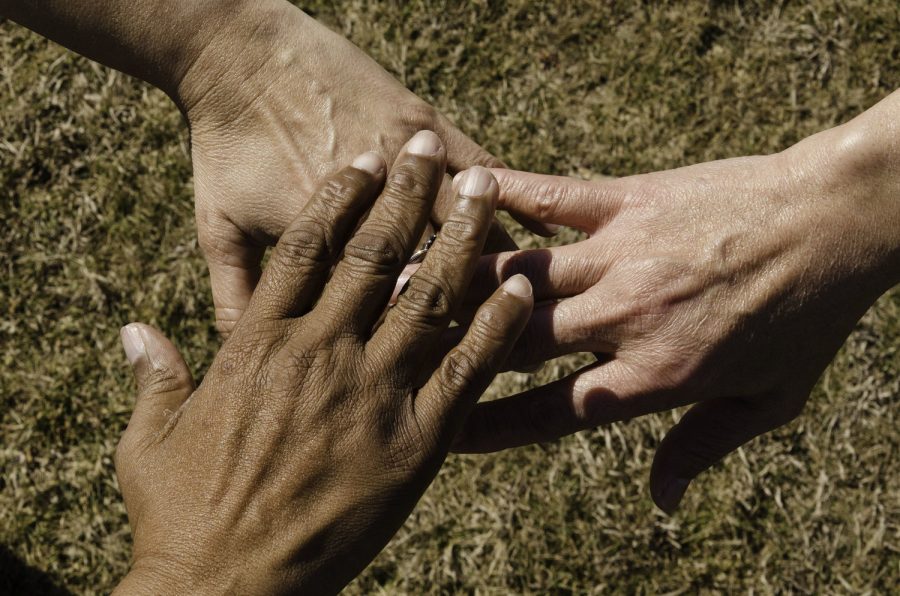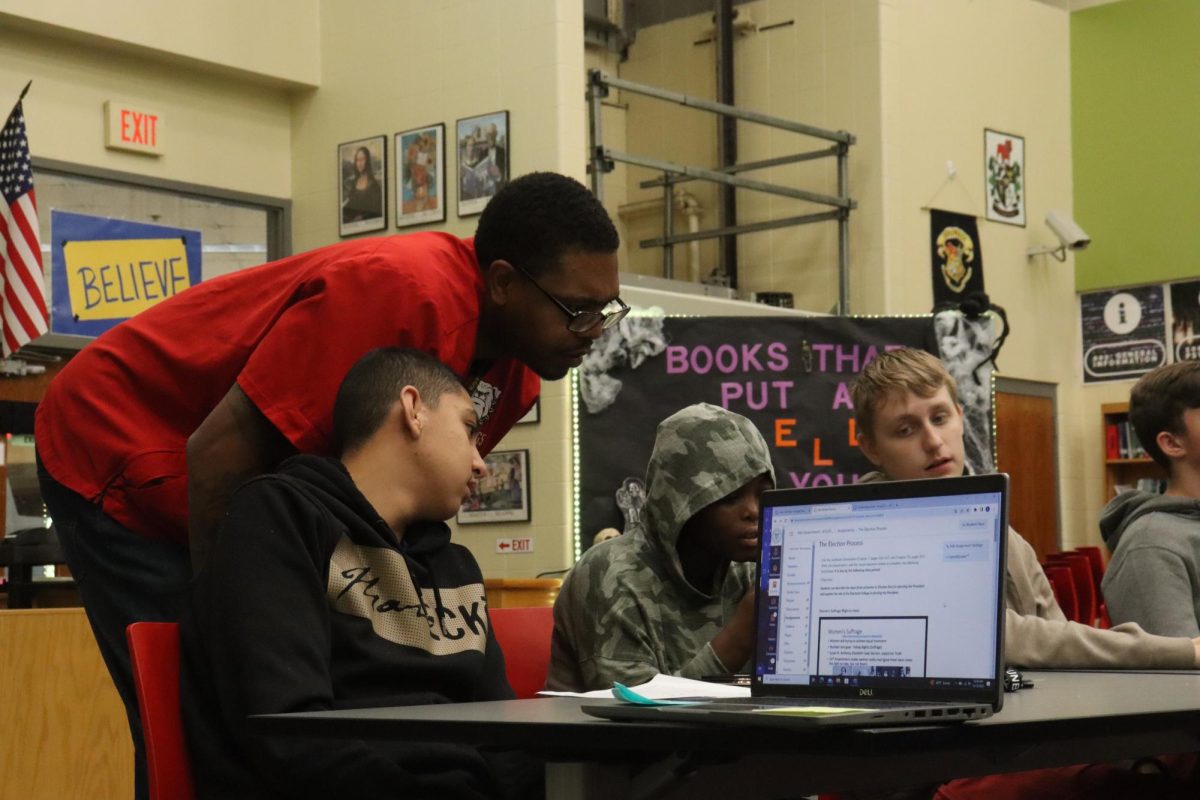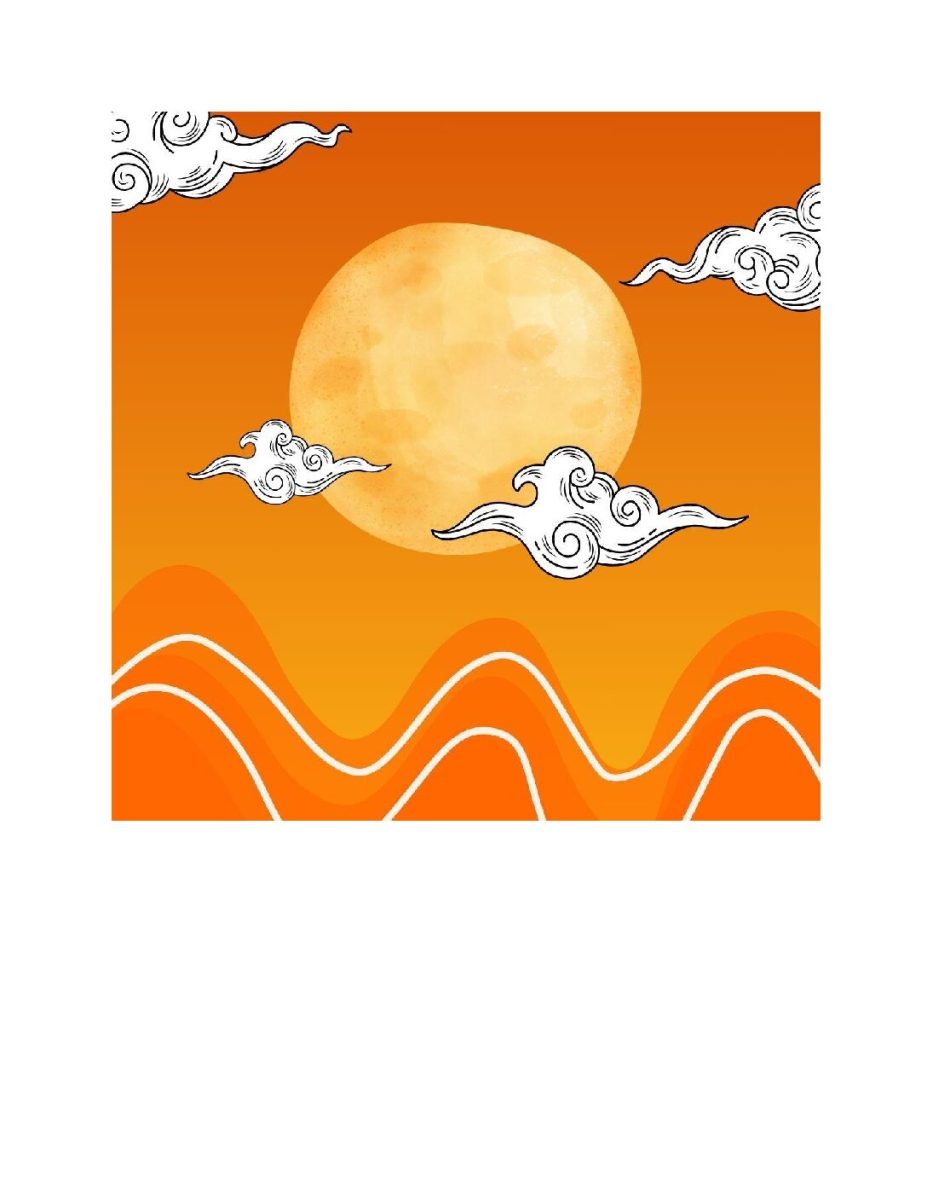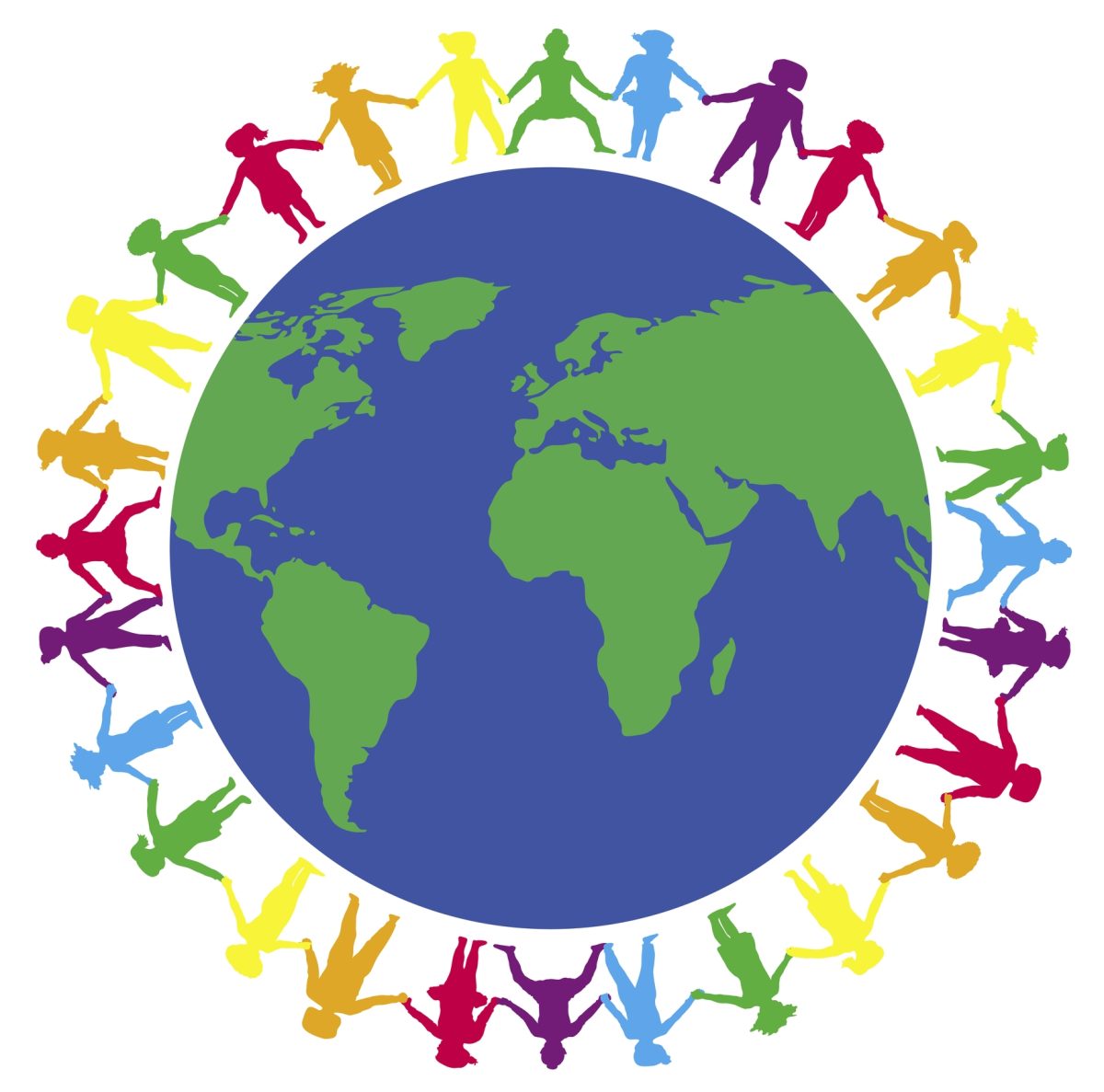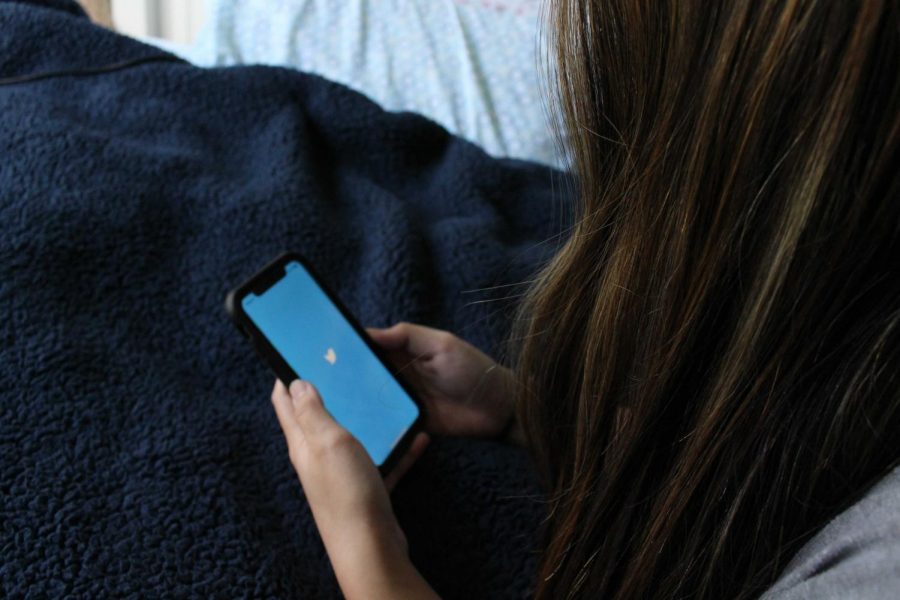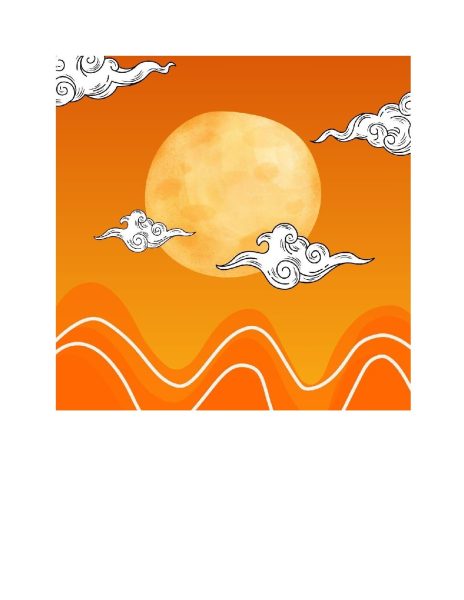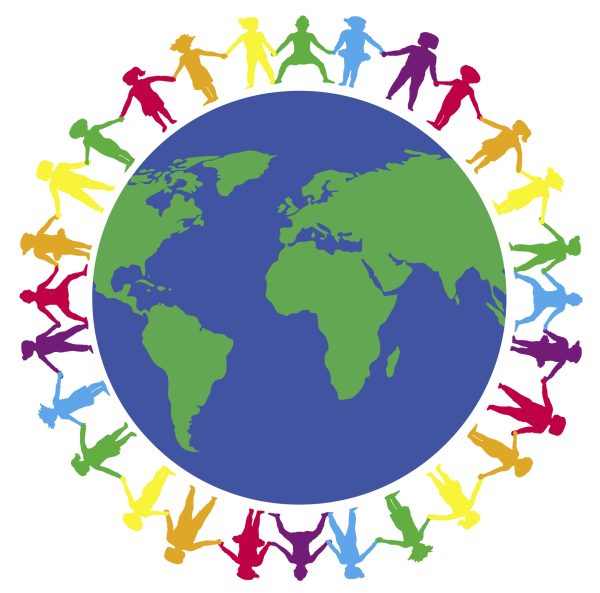Should Cancel Culture Be “Canceled”?
Many public figures have faced a serious social media backlash for a variety of behaviors.
Social media is at the heart of why many public figures are being canceled.
In modern slang, someone is canceled when they are called out for something they said or did that was objectively bad or could have been considered offensive. Usually when this happens, a large number of people jump onto the idea that the person should be “canceled” in which they lose large amounts of fans and followers.
Cancel culture has become a prominent part of modern society. But some Dunbar students question whether it’s beneficial.
“Cancel culture doesn’t help the person being cancelled learn from their mistakes,” junior Ana Maria Cornea said. “It creates almost a ‘witch-hunt’ type of environment for everyone to hunt down anything that a person could have done wrong and try to cancel them for it.”
Recently, many public figures, from TV host Ellen DeGeneres to author J.K. Rowling, have been canceled for things they have said or done in the past that people find offensive. While it is important to discuss social issues and help people understand why some statements or actions are offensive, cancel culture has sometimes made it difficult for public figures to stay on social media and engage with their fans.
Back in June of 2020, a popular pop rock band called “5 Seconds of Summer” (or “5SOS” for short) was falsely accused by a fan who claimed she had been sexually assaulted by one of the band members in the crowd at one of the concerts the band opened for. Cancel culture quickly took hold of the situation before the band had a chance to speak out about the situation and before the accuser had the chance to put out a statement saying she had made false accusations. While sexual assault is not okay under any circumstances, cancel culture added more toxicity to the situation and fandom, causing the band members to take a long break from social media and from interacting with their fans.
Some Dunbar students think that these examples indicate how cancel culture can go too far, leading people to lose supporters for minor offenses or things they didn’t do.
“Cancel culture is really prevalent in today’s culture mainly because of social media. Because of social media, there are more celebrities than ever. This gives them more chances to slip up which leads to being canceled,” junior William He said.
At the same time, there are instances where celebrities deserve to lose support after doing something objectively bad.
A different scenario in which a celebrity was canceled was when YouTuber Logan Paul uploaded a video that included clips of a deceased man he found in a forest. While it was inappropriate enough to film the body, Paul was seen making jokes as well. These actions resulted in Paul appropriately being canceled costing him thousands of fans.
“When Logan Paul was cancelled for posting those videos, I think it was justified,” sophomore Allison Cassell said. “He had such a big audience and he needs to know it was 100% not okay for him to be posting that type of content and act so insensitively.”
Sometimes celebrities are canceled, but come back quickly when they address the situation and apologize. Paul’s situation is an example of how public figures can be called out for their actions, but not totally canceled. He still has millions of followers after releasing a short apology video.
With some celebrities being justifiably canceled and others canceled for actions they are innocent of, we’re all left with one question: should cancel culture be “canceled”?

My name is Emma, I am a junior and this is my third year on the Lamplighter staff.
I have always enjoyed writing more than any other subject since I...



